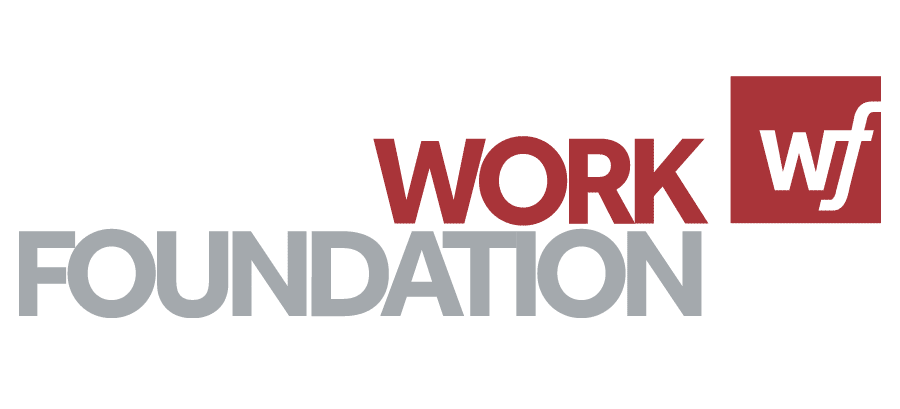By Fazilet Hadi, Head of Policy, Disability Rights UK
Opening Reflections
A couple of things to say before I share thoughts on working from home.
First, I am an office worker, which means that through the use of email, Word, virtual meetings and telephone, working from home is a realistic option. I am eternally grateful to all those workers, who staff hospitals, train stations, shops, gyms and countless other services, for being physically at work.
Second, whatever we do, there should be flexibility. We all need to juggle work and other responsibilities and it is in the interests of employers to enable us to do this. Depending on the job, this could involve flexible working hours, focus on particular tasks, hybrid working, remote working, making reasonable adjustments and support from Access to Work.
So, back to my experience. I’ve spent most of my working life at the office but for the past 4 years have worked from home. Unlike some Disabled people, who can only work from home or only do their jobs at the workplace, I can do either.
The things I Love:
Not having to travel to work.
As I’m blind, travel isn’t straightforward. It involves a taxi to the station, assistance on and off trains and a bus or taxi to the office. It’s not just the length of the journey that’s a problem but the forward planning and stress, that is part of every journey. Being able to be instantly at work and instantly leave, is amazing.
Being in control of my environment
Moving with ease around an office space, making myself a drink, finding my way to the toilet, can all pose challenges. One of the nice things about working from home is that I know where everything is, no-one has left a chair sticking out, the kettle is where I left it, and I don’t have to find meeting rooms. Navigating my environment is all together easier.
Finding quiet time
Most workspaces today are open plan with a certain amount of noise and activity. This can make it difficult to find the quiet time to do some thinking, write a report or consider a knotty problem. I know this won’t be the case for everyone, but I can always find quiet time at home. This helps me to balance responding to emails and attending meetings, with thinking time.
The things I miss:
Everyday human interaction
I used to enjoy a morning chat at the station, with those providing passenger assistance and my fellow travellers. Some of my best friends are people I met on the train. When I got to work, I exchanged a hello with the person on reception, made small talk whilst buying a coffee and greeted co-workers. Before my working day started, I’d already had a number of friendly conversations and there would be other opportunities during the day.
Face to face meetings
Whilst much business can efficiently be done through virtual meetings, there is something unique about in-person interactions. It’s often quicker to build trusting relationships, often easier to have difficult conversations and sometimes better to be creative or problem solve together. When you’re in the room, there can be more empathy, subtlety and nuance.
Learning from colleagues
There is so much we can learn from each other, how to get the best out of people, how to have difficult conversations, how to plan ahead or how to run effective meetings. I know there are many ways of learning, but I loved learning on the job. I think this is harder to replicate in the online world.
Having your own voice heard
So, I’ve shared some of my thoughts on working from home here, but it would be great to hear from other Disabled people too through this project. What are your experiences of doing your job away from the workplace and working from home, either all or some of the time? Have you experienced similar benefits and challenges like the ones I have outlined above, or yours been different? The Inclusive Hybrid and Remote Working Study would love to hear your views via this survey, which is open until the end of January. Please click anywhere in this sentence to find the survey.
Concluding Reflections
When I started my working life, there was a clear demarcation between work and personal life, it definitely feels like this distinction has blurred. Now, people want to bring their whole selves to work, talk openly about their lives outside work and welcome employer understanding of their wider personal situation.
All this is positive. We need to create work cultures that benefit employers but that also benefit employees, cultures where the employer focuses on outcomes, leaving space to negotiate how work can be delivered in the most flexible way for the individual employee.
To have your own voice heard on how to make remote and hybrid work more inclusive within a post-pandemic employment landscape, please participate in this research by completing our survey of disabled workers’ experiences. Employers are making decisions now about future ways of working that will affect the long-term working conditions, health and wellbeing of disabled workers across the UK and beyond, so we thank you for taking the time to be involved in shaping these decisions through your own participation in this project.




